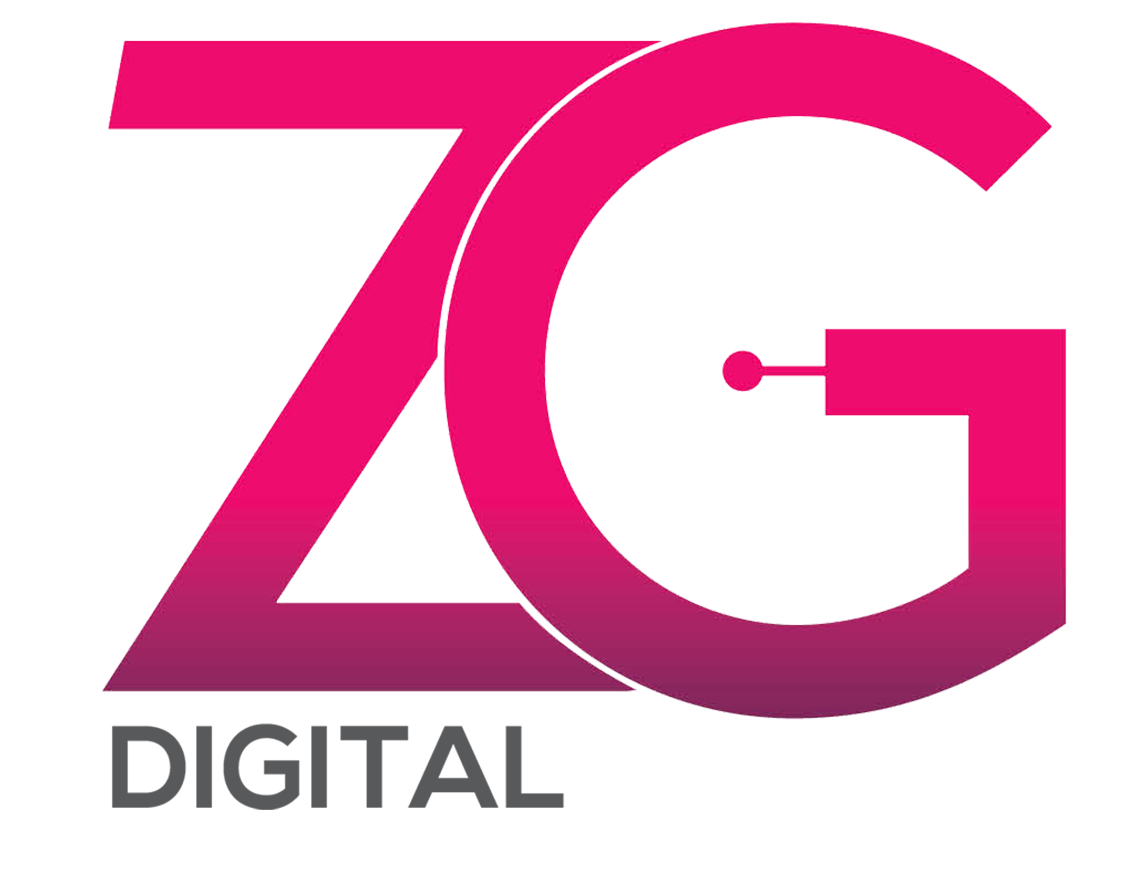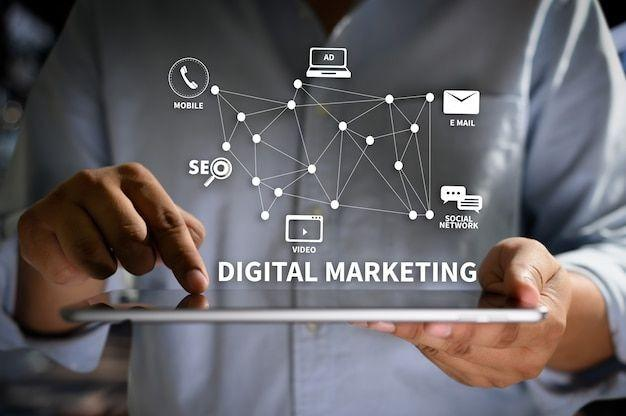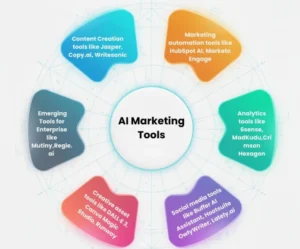In today’s business world, size no longer determines success strategy does.
With the power of digital marketing, small businesses can now compete directly with large brands and even outperform them in visibility, engagement, and conversions.
Here’s how digital marketing levels the playing field for small businesses
1. Equal Access to Global Visibility
In the traditional world, visibility required massive spending — billboard ads, TV spots, and expensive print campaigns.
But with digital marketing, even a small business can reach audiences worldwide.
- A local boutique in Chennai can sell to customers in New York.
- A small café can attract nearby customers through Google My Business.
- A freelancer can get global clients through LinkedIn or Instagram.
2. Targeted Advertising Levels the Field
Unlike traditional ads that target “everyone,” digital ads can focus on exactly who you want to reach — based on age, interests, income, behavior, or location.
Platforms like Meta Ads, Google Ads, and LinkedIn Ads give small businesses laser-focused reach, ensuring every dollar spent brings measurable results.
Big advantage:
- Small businesses can target a niche audience.
- Big brands often cast a wide (and expensive) net.
3. Building Stronger Customer Relationships
Small businesses have a personal touch that big brands often lack — and digital marketing amplifies that strength.
Through social media, email newsletters, and personalized messages, small brands can engage directly with customers — replying to DMs, answering questions, and showing genuine care.
Why this works:
People prefer doing business with brands they feel connected to.
Examples:
- Sharing behind-the-scenes content builds authenticity.
- Personalized emails with offers on birthdays make customers feel valued.
- Quick replies on social media create trust and loyalty.
4. Data-Driven Decisions for Smarter Growth
One of the biggest game-changers for small businesses is access to data analytics.
With tools like Google Analytics, Meta Insights, and HubSpot, even a small business can:
- Track website visitors and behavior
- See which ads drive sales
- Identify which social posts perform best
- Adjust strategies instantly
5. Agility: The Small Business Superpower
Large corporations often struggle with multiple approval layers and rigid processes. Small businesses, on the other hand, can adapt quickly.
- Spot a trending topic? Post about it today.
- See a new ad format? Test it this week.
- Need a new offer? Launch it instantly.
6. Creating Powerful Brand Identity Online
Digital marketing helps small businesses build brand recognition through storytelling.
A consistent online presence — with the right tone, visuals, and values — makes a small brand look professional and trustworthy.
Key areas:
- Logo & Design: Use consistent branding across website and social media.
- Content: Post valuable, relatable content regularly.
- Reviews: Encourage happy customers to leave Google and social media reviews.
7. Competing Through Creativity, Not Cost
In digital marketing, creativity beats cash every time.
Big brands often stick to corporate tones and polished visuals. Small businesses can experiment — use humor, storytelling, real experiences, and emotion.
8. Building Trust Through Reviews & Word of Mouth
Today’s consumers trust online reviews as much as personal recommendations.
Small businesses can leverage platforms like:
- Google Reviews
- Facebook Ratings
- Trustpilot / Justdial / Yelp
9.The Digital Future Belongs to the Bold
With the right digital marketing strategy, small businesses can appear, engage, and convert — just like (and sometimes better than) big brands.
You don’t need a huge budget — you need:
- A clear brand story
- Consistent online presence
- Strategic use of digital tools
The future of marketing belongs not to the biggest brands, but to the smartest storytellers.








